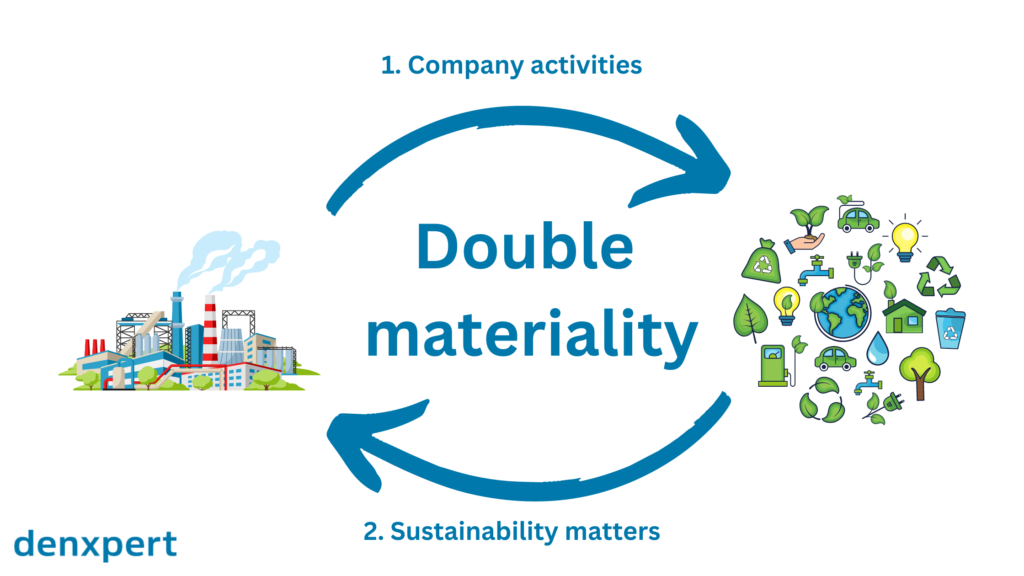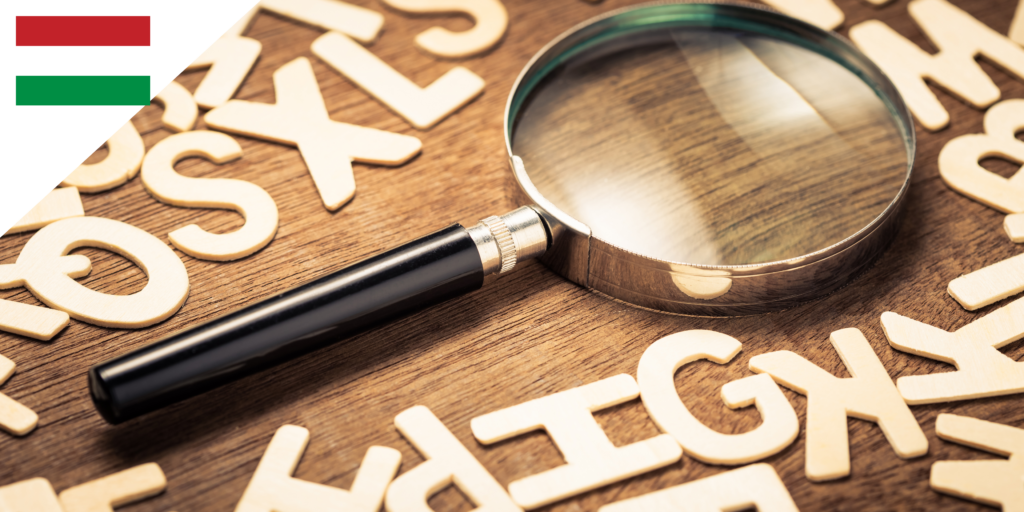What do we mean by ESRS – European Sustainability Reporting Standards?
ESRS – European Sustainability Reporting Standards – is a set of standards that translate CSRD requirements into practice. In the article, we summarise their main features in a few points for those who are learning about the new sustainability reporting requirements.
Structure of standards required by the CSRD (Corporate Sustainability Reporting Directive)
The CSRD requires large companies to collect and report sustainability information about their activities in accordance with the ESRS standards developed by EFRAG (European Financial Reporting Advisory Group). The set of sector-agnostic standards published by EFRAG so far includes two overarching standards and a total of 10 thematic standards, currently only in proposal form. The thematic standards contain:
- 5 standards on environmental topics,
- 4 standards on social issues
- 1 standard covers corporate governance issues.
ESRS 1, ESRS 2 and ESRS E1 standards
All companies affected by CSRD will be required to comply with the requirements of ESRS 1, ESRS 2 and ESRS E1. In addition, companies with more than 250 employees will also be subject to ESRS S1. What is covered by each standard?
UPDATE: According to the new accepted by the European Comission in August, only ESRS 2 will be mandatory, the remaining standards will be subject of materiality assessment. Based on their assessment of materiality, companies must determine which information (disclosure requirement and data point) is considered material. See more about here.
- ESRS 1: general principles
- ESRS 2: general strategy, governance and materiality assessment, disclosure requirements
- ESRS E1: climate change related standard
- ESRS1 S1: own workforce related standard

Further EFRAG standards
In addition to those listed above, EFRAG will submit additional standards to the European Commission, which will include requirements for specific industries, SMEs and non-EU companies.
- Sector-specific standards, which describe disclosure requirements that are specific to each different sector The focus is on identifying relevant and important sustainability issues for the respective sectors with the involvement of industry experts. It is foreseeable that the following sectors, among others, will be individually addressed by the sector-specific standards:
- Agriculture, livestock and fishing
- Coal mining and extraction
- Food and beverage
- Energy and utility companies
- Motor Vehicles
- Oil and gas midstream to downstream & oil and gas upstream
- Road transportation
- Textiles, accessories, jewelry and footwear
- Reporting obligations for SMEs: Although many people think of the CSRD as a sustainability reporting obligation for large companies, listed small and medium-sized enterprises (SMEs) will also have to report under the CSRD. However, they will have simpler and more targeted reporting requirements and will be required to start the reporting process at a later stage. The CSRD does not apply to unlisted SMEs.
- Reporting obligations for non-EU companies: companies outside the EU with significant activities in the EU will also be required to report on their ESG impacts as defined in the Directive.
Double materiality and the disclosure requirements

Companies assess the importance of their sustainability factors on the basis of double materiality and use it to identify material issues worth reporting. Read our blog post on double materiality: https://csrdsoftware.com/en/why-the-csrd-directive-is-needed-to-reinforce-the-concept-of-double-materiality/
The current set of standards defines a total of 84 disclosure requirements and 1144 data types. These require quantitative and qualitative data collection of forward and backward-looking information as well as information covering short, medium and long-term time horizons.
Main ESRS standard themes
The structure of each standard is organised around the following themes (in brackets the abbreviations of the standard structure points are indicated):
- sustainability governance issues (GOV),
- strategy (SBM),
- company impacts, sustainability risks and opportunities (IRO),
- policies and actions (PA),
- metrics and targets (MT)
Reporting on the value chain
Data will also need to be collected on the whole value chain, subcontractors and suppliers, but companies will be exempted for three years in this respect. During these three years, however, it will still be necessary to indicate how the company will comply with this requirement in the future.
It is worth getting familiar with the requirements!
Many of the elements of the standards will be familiar to those who have conscientiously operated their environmental management systems, or who may have prepared their reports under the GRI. However, it is an extensive set of requirements covering elements of corporate activities that have not typically been reported on by companies. It is advisable to familiarise yourself with the expectations as soon as possible!
Author: Mária Farkas – Senior Sustainability and CSRD Expert at denxpert
Resources:
EFRAG: https://www.efrag.org/
ESRS: https://efrag.org/lab6
Blogposts:
Who is affected by CSRD? https://csrdsoftware.com/en/is-your-company-affected-by-csrd-regulation/
Double materiality: https://csrdsoftware.com/en/why-the-csrd-directive-is-needed-to-reinforce-the-concept-of-double-materiality/








